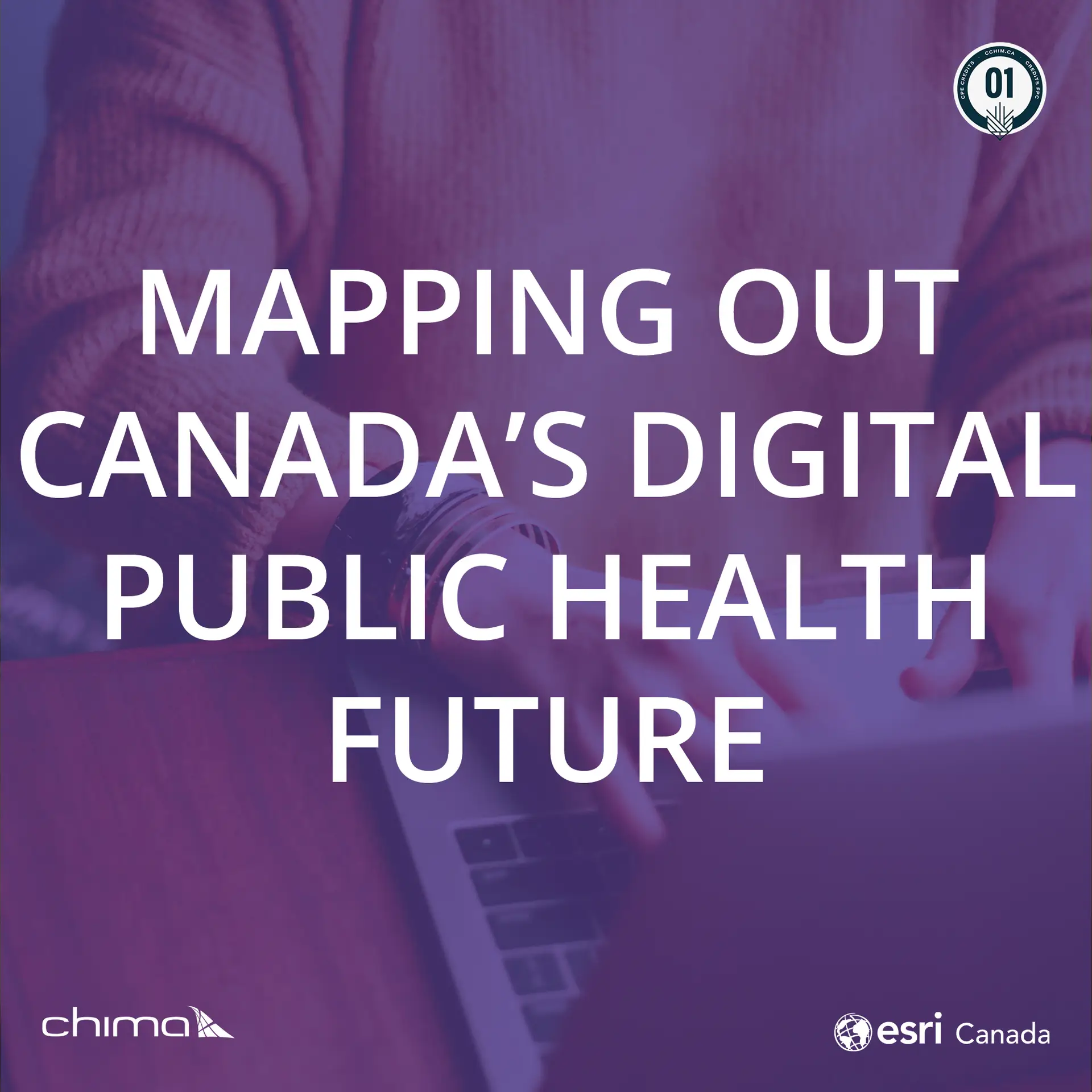Alexander Watts, Ph.D., MSc, BA
Alexander (Sandy) Watts, Ph.D., is a spatial epidemiologist with over 12 years of research experience in infectious disease, GIS, and public health. Sandy is passionate about the potential for location intelligence and GeoAI innovations to solve long-standing and future public health challenges, especially to reduce health inequality. He has a BA from McGill University (School of Environment – Health), an MSc from the University of Calgary (Geography), and a Ph.D. from the University of Toronto (Infectious Disease Ecology & Epidemiology). Academically, Sandy specialized on the effect of land use and climate change on vector-borne and zoonotic disease dynamics, using geospatial risk modelling to forecast Lyme disease and canid parasite spread risks. He was the director of research & analytics at a digital surveillance startup – BlueDot (Toronto, Canada) – for over five years. During this time Sandy led various geospatial research projects for epidemic preparedness and response with senior public health decision-makers at the Public Health Agency of Canada, the US-CDC Division of Global Migration & Quarantine, and the WHO. These GIS-driven solutions supported policy decisions and resource allocation strategies for Zika, chikungunya, Ebola, measles, and most recently, COVID-19. As the industry manager for public health at Esri Canada, Sandy’s mission is to support the digital future of Canada’s public health community by illuminating the power of GIS for health challenges unique to Canadian populations.
Ajantha Jayabarathan MD, CCFP, FCFP
Dr. Ajantha Jayabarathan is a family physician, assistant professor at the Faculty of Medicine, Dalhousie University and director of Coral Shared-Care Health Center in Halifax which she started in 2015 and has 1,200 patients. She heads a multi-disciplinary team that offers on-site comprehensive family medicine, mental health and addictions counselling, physiotherapy, osteopathy, acupuncture, and biofield-based approaches to wellness and recovery. They use secure electronic platforms to support communication and exchange of data to offer person-focused, family-centred and community-based services.
Dr. AJ, as she is known, is a longtime advocate of balancing technology and personal care. This year, she developed ‘Geo-view’, an ArcGIS-based data compilation that gives primary care providers a visualization of social determinants of health, dependency, diversity, access, and environmental risk. Ten years ago, she redesigned her primary care delivery by piloting digital personal health records, enabling both patients online access to their health information and the clinic. This enabled collaboration with other health practitioners and provided a multi-disciplinary team-based approach to patient care and the electronic management of their clinical workflow. She is often asked to speak about closing the data gap in health care and helping the health care profession understand the benefits of health information and communication technology.


